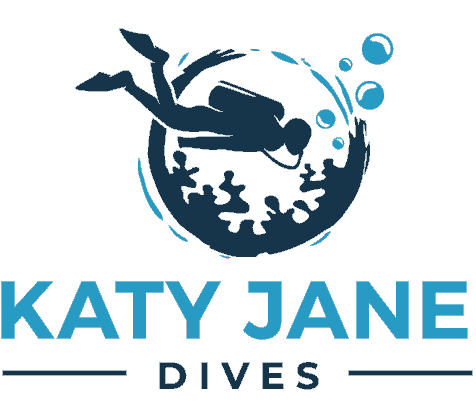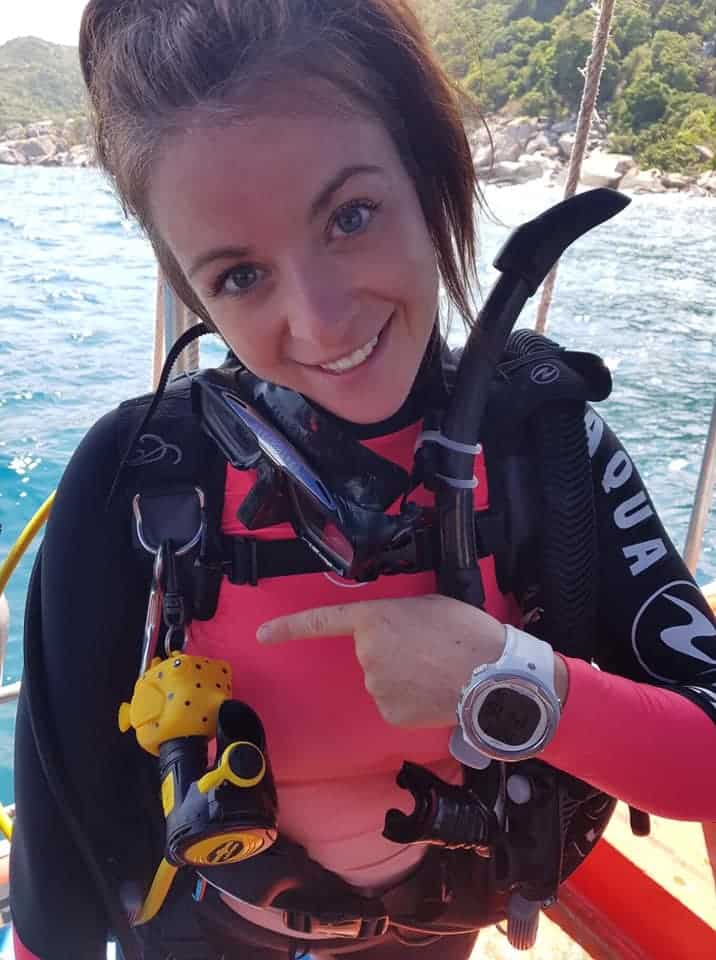Staying fit and healthy is super-important for divers…
We find ourselves in a very strange and worrying time. Many of us are living in a state of government enforced lockdown with restrictions on our freedoms. We can’t go and dive like we used to, and I am sure I am not the only one that misses the underwater realm.
Afterall, one of the main attractions to diving, for me, was to escape the hectic world on land.
However there are a lot of things that we can be doing in this time, to create a better and safer diver for when we come out on the other side.
Table of Contents
Stay Focused

PADI are offering 25% discount on their e-Learning courses which allows you to spend time studying the knowledge development aspect of the course. Once diving re-commences, we can jump straight in and finish the confined and open water elements. With many of us off work, we now have that free time to spend on furthering our dive education. Whether you are someone that has never dived before, or an experienced diver looking for a new challenge, PADI has a range of courses to suit all.
Secondly, this is the best time to focus on your health and fitness. Not only will this benefit you during this period of increased stress and pressure on your immune system, but you will reap the benefits when the time comes to jump back into the water. After all, a healthier diver is a safer diver.
SCUBA Diving & Fitness
Any extreme sport requires a certain level of mental and physical fitness. Even though diving is a recreational sport, it is a challenging sport that results in various pressures on the body. From lifting tanks off the boat, to swimming into strong currents, it doesn’t take a genius to realise the fitter you are the more able you are to cope with these.
Working on your cardiovascular health as well as your physical strength are two important aspects to consider when looking to improve your fitness, but we cannot overlook diet either. What you put in your body is just as important. They all work hand in hand with each other.
Why is Maintaining Fitness for Diving Important?
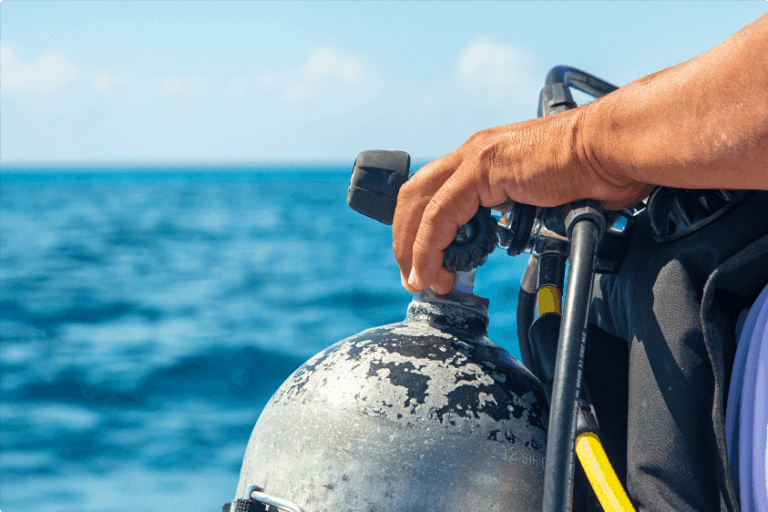
As mentioned above, the body faces some challenges in SCUBA diving which can be different to challenges we may face on land. The environment is completely different to what our bodies are used to.
Here are just some of the reasons why maintaining your health and fitness is important:
- Divers that maintain fitness are less likely to suffer complications caused by medical conditions.
- If the cardiovascular system is not as strong as it could be, breathing gases can be difficult and the risk of toxicity could increase.
- Being physically fit can help mitigate the physical stress put upon the body by the loss of body heat.
- Swimming against currents and under pressure can be physically exhausting.
- Individuals that are mentally fit are less likely to experience anxiety or panic attacks whilst underwater and manage any stress effectively.
Click here to learn about other things divers should do for their own safety.
5 Ways to Increase your Fitness
There are so many ways to increase and maintain your fitness. I’m going to bear in mind that none of us can currently get to the gym, so I won’t be telling you to go to the gym and get a sweat on!
The 5 points below will help give you some ideas. Tailor them to your own ability and use YouTube videos where possible so that you have some movement guidance.
1. Tabata Workouts
This is a great way to increase your cardiovascular strength. It does not need much time, space or equipment and can be done in the comfort of your own home.
Tabata’s are simply a workout made up of 8 sets of 20 second bursts of exercise with a ten second rest in between. For example you could choose two exercises, lets say squats and star jumps, and alternate them throughout the 8 sets. Wall squats are also are good one to strengthen those thigh muscles that we need to pull ourselves out of the water!
There are Tabata timers available to download to your smartphone to help keep you on track.
Don’t underestimate the power of a Tabata – after the first few sets you will be feeling the burn!
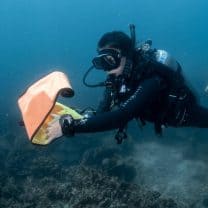
2. Walking &/or Running
I’d be silly to leave this one out. We spend so much of our time sitting down (especially now we are inside our homes for most of the day), walking can bring a lot of peace to the mind as well as provide valuable exercise.
Try and aim for 7,000 – 10,000 steps per day and make the most of the opportunity to get outdoors. Many smartphones have step counters built in, but you can also download apps that track this for you too.
I have never been into running. I’ve always been a gym and weights kinda girl. But that has changed recently and although I hated my first run, I’m now quite addicted to it. Don’t get me wrong, I can’t run anywhere as near as long as wish I could, but I see the improvement in my cardiovascular fitness each day.
I use Strava to record my runs which also helps me track my fitness, as well as provide me with an element of competition with myself!
3. Increase Your Core Strength
This is something that you can bring into your Tabata workouts. There are so many movements that you can do that help improve your posture and back strength. Our core is often overlooked but can play an important role for divers. If your core strength is lacking, it can have numerous consequences on other parts of your body.
With any movement, whether exercising or not, always make a conscious effort to engage the core. This will help strengthen the muscles within the core and also prevent back problems.
A quick search on YouTube can provide you with some basic core exercises.
4. Yoga & Stretching
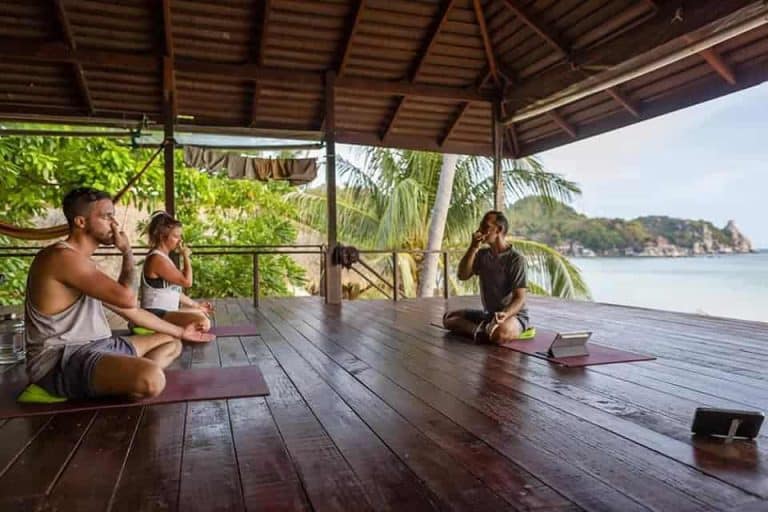
Yoga has no end of benefits for us. It can address all other points above from increasing your cardiovascular strength to strengthening your different muscle group and improving your posture. Not only this, it is a spiritual practice. It helps calm the mind, increase awareness of ones self and encourage slower breathing techniques (yes, those air guzzlers out there could do with this!). Yoga and diving hold numerous synergies and therefore is an extremely valuable practice to spend time on.
Whatever you choose to do, incorporate several stretches into your daily routine. Stretching is underrated. It’s one of my favourite things to do and quickly helps release any built up tension in the body.
There are a whole range of yoga and simple stretching routine videos available online.
5. Eat Well, Sleep Well

In no way should this be a final thought. Fuelling your body with the necessary nutrients and allowing it to recover is something that should be happening at all times, behind the scenes.
Eating a varied diet and including as many fresh, wholefoods as possible is extremely important. Our gut has such a major role to play in the health of the rest of our body, not only physically but also mentally. A lot of research published in recent years tells us that the improving our gut is the key to a stronger immune system and extremely important to our overall well-being. There is a growing connection between gut health and brain health.
Sleep. I do love it, almost as much as stretching. Our body requires sleep for recovery and helps create healthier hearts, reduce stress and inflammation, improves memory and reduces our risk of depression. Get yourself 7-9 hours per night and you will soon feel the benefits.
A balanced diet is super important for divers, particularly right before and after a dive. Learn more about what to eat before scuba diving!
Useful Resources
I am in no way qualified to offer health advice. These pointers are simply things I have picked up throughout my dive training, incorporating it all into my lifestyle.
There are some really useful resources out there to help get you started. A quick search on YouTube will deliver some great videos that help guide you through the different types of workouts.
Some people have also published materials specifically for divers. Check out a few of these:
Right, I’m off to stretch.
